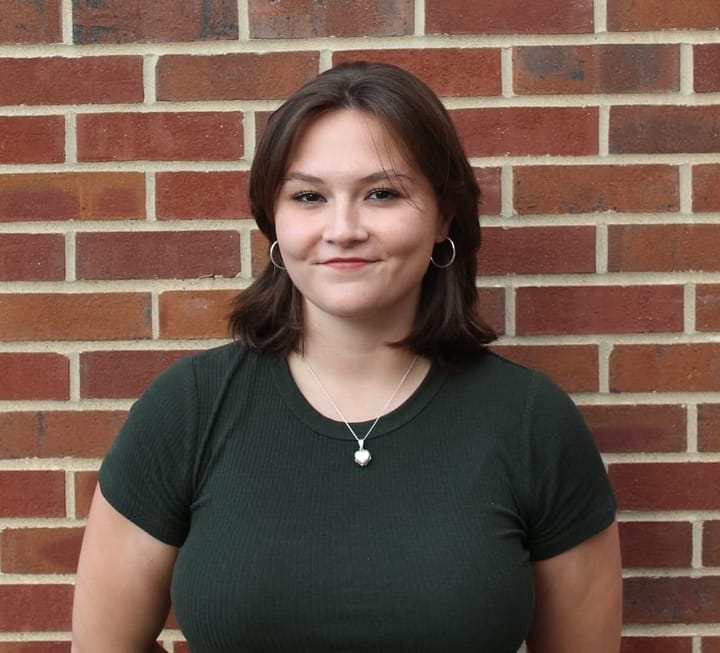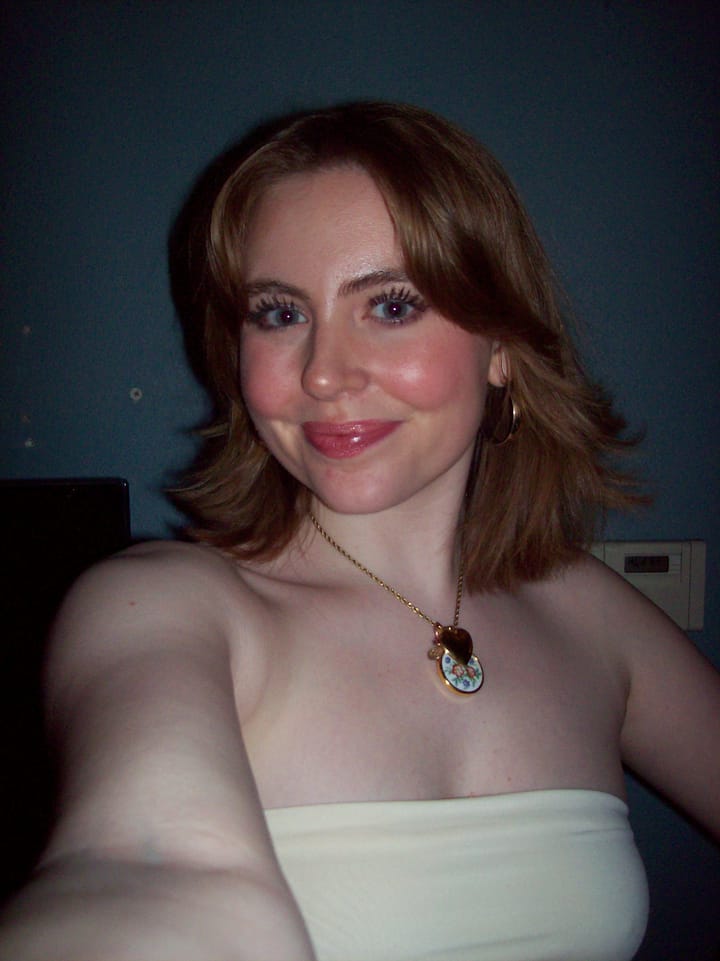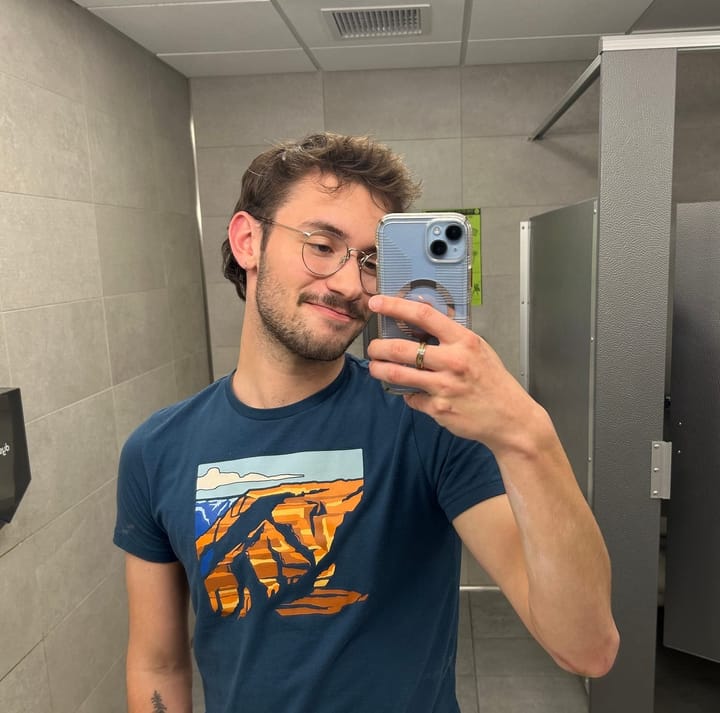Angles: Which is better: coffee or tea?
Most sleep-deprived, caffeine-addicted college students have a source of choice, and most go either the coffee or tea route. Some like the variety of flavor options that tea provides, yet others prefer the higher caffeine content of coffee. Others (like your Forum editor) don’t care much either way as long as it gets the job done.
Whatever your preference, there are advocates for both sides. And perhaps it’s about more than just a flavor preference. Maybe the best drink is the one that is associated with the fondest memories. Maybe the respective health benefits of each are more important. Either way, it is a common enough debate, and one worth having.
Alexa DeVos – Tea is better and has more variety
Alright, folks. Let’s think. Why do you all drink coffee? Because you like the bitter taste? Because the smell is nice? Maybe the reason is just one thing: caffeine?
Fair enough — I can respect someone who simply enjoys the social ritual of enjoying a cup of joe, even if I can’t stand the taste of the beverage myself. But, please humor me for a moment, as I address the elephant also joining us for this regular coffee break.
Coffee consumption has some issues, regardless of if it helps you stay awake, gives your bowels a kick-start in the morning or contains a boost of antioxidants.
Joe Vinson, a chemistry professor at the University of Scranton, found that Americans get more of their antioxidants from coffee than any other dietary source in his study. Does this make coffee a sort of superfood? Or is it just a sign of how poor our sense of wellness is?
Not to be your annoying alarm clock but maybe now is the time to wake up (and eat more fiber, evidently). Besides, numerous options for tea, like your bean water, also contain antioxidants — just with a much lesser risk of developing a cycle of caffeine addiction.
The American Academy of Sleep Medicine states that the “half-life” of caffeine is about 3 to 5 hours after consumption. For as long as that caffeine is running through your blood system, the drug is affecting the receptors for something called adenosine, the chemical that would, otherwise, build up and signal to your brain to prepare for sleep.
So, when you sleep, you may get a boost of energy from your coffee and your quantity of sleep may stay the same that night, but the quality of your sleep may suffer as your brain lags behind.
Sure, decaf is an option, and I understand that tiredness is a side effect of living, especially in a society as demanding as ours. However, if you can, try a bit of tea before you go to bed. Slowing down with a warm mug of chamomile or lavender tea before you sleep could lead to a less stressful morning in the long run.
Also, 60% of coffee species might go extinct in the next 10 to 20 years. Might as well have a back-up option for the meantime while the coffee trade gets sorted out. On the bright side, tea can be made from plants right where you are.
“Pfft—What if I live in the arctic? Can’t locally make tea there, Alexa.” Okay, you got me — sike! You can. Ever heard of reindeer moss or Iceland moss? Me neither, until recently, but it’s an edible plant and was used in medicinal teas in the past by locals for curing diarrhea.
Does this mean I recommend you boil the first bit of shrubbery you see on the ground, then? No, that would be silly. Instead, maybe choose to grow some mint or chamomile on your windowsill (or catnip, if you’re into that).
My point is that tea is versatile. With a kettle on stand-by and a line-up of several different selections of tea himself, David O’Hara, philosophy professor and tea drinker, would agree.
“Tea is really simple; it’s hot water and plants,” O’Hara said. “Coffee is hot water and the seed of one plant. As the world population increases, we’re trying to grow more coffee in more places, but we’re really relying on just a very small number of varietals of coffee to grow in a lot of places where it’s not native.”
The general principle for tea, much like coffee, remains the same — infusing hot water with plants. Yet, tea plant options are not so limited. Point being, you can make tea out of aged leaves from Mount Wuyi in China or from the giant allspice trees of Guatemala or, simply, out of leftover, dried orange peels.
“Alexa, tea just tastes bitter either way,” you may say. This doesn’t say much for the case of coffee either. Yet, tea isn’t exactly like the bean juice, considering each plant you could use is different from the next — orange peels may boil but dried leaves would scald.
With that, drink a tea done right, maybe with a little honey, and, at least, get some sleep before you consider that cup of coffee in the morning.
Olivia Bertino – Coffee is better and more caffeinated
So I might have become addicted to coffee at 13.
It’s a good thing, though. This addiction gave me a life-long faithfulness to that good ol’ cup of joe, and thankfully it was coffee and not tea for which I became a devoted drinker.
At age 13, my friend and I started going to this little coffee shop at least once a week after dinner (usually two or three times). We’d order a carafe of dark roast coffee and each drink three or four cups of black bean-water. The workers started referring to us as the “dark roasties” for the amount of brew we could stomach.
Coffee was the perfect way for my friend and me to sit and talk for hours. We’d have something cheap and enjoyable to bond over, and we weren’t the only ones who used coffee as a means for connection, either.
Everyone else in that little coffee shop and every other coffee establishment was able to use two mugs to bridge a gap between them and another person. For people all across the world, coffee transforms from a daily habit to a means for socialization.
Tea doesn’t have this power.
Augustana’s own Daniel Gerling, an English professor, knows exactly what it means for coffee to bring people together.
“Due to having Ethiopian students at Augie for the past ten years, I’ve been especially fascinated with Ethiopian coffee,” Gerling said. “I love that it’s a matriarchal tradition that includes brea, the jebena, we have one in the Writing Center, and is a special time for conversation and relaxation.”
Gerling roasts his own coffee beans. He plans on sharing them as soon as he gets his new roaster set up, and he already shares with the Writing Center on campus..
Coffee is also one of the most widely recognized beverages. Turkey, Finland, Italy, Malaysia, Greece, Vietnam and countless other countries also have a version of coffee available. Popular options like French press, pour over and espresso are offered at most establishments. With so many variations to choose from, there’s a form of coffee for everyone.
There’s also a wide variety of health benefits that go along with the daily brew. According to Johns Hopkins medicine, it can ward off Type 2 diabetes, protect the liver and fight against heart disease. Some forms of coffee prevent DNA strand breakage.
Sure, tea has a few benefits of its own. According to the University of Pennsylvania, tea can help whiten teeth, stop cravings, boost melatonin levels (the sleepy hormone) and may help with liver function.
“I wouldn’t want to badmouth [tea], as it shares so much with coffee,” Gerling said. “But finding really excellent authentic tea is difficult and expensive. And my palate is probably not sophisticated enough to really appreciate it like some can. Coffee, on the other hand, is bold.”
If the convivial characteristics, wide variety of options and health benefits of coffee aren’t enough, the drink does have one more important leg up on tea. Coffee overpowers every college student’s need for speed: it has more caffeine.
An average black cup of coffee has about 95 milligrams of caffeine, where the highest caffeinated tea variety has an average of 47 milligrams. When you’re a college kid with no time to sleep, double the amount of caffeine for the same amount of liquid is a game-changer.
The high levels of caffeine are what drew me to coffee as a middle schooler. I thought I needed that boost then, but oh man, do I need it now more than ever.
I’m grateful for 13-year-old me who found joy in drinking insane amounts of black coffee. Had I gone down the path of being a tea drinker, I wouldn’t be able to function. Not to sound too much like a white mom, but I need my daily dark roast to get through the day with even an iota of sanity.
But had I chosen tea over coffee, I’d also have sacrificed endless memories of being one half of the “dark roasties.” I’d have sacrificed an entire means of socialization if I decided on leaf water over bean water.
SEE NEXT: Angles: Are dating apps at fault if crimes occur during meetups?



